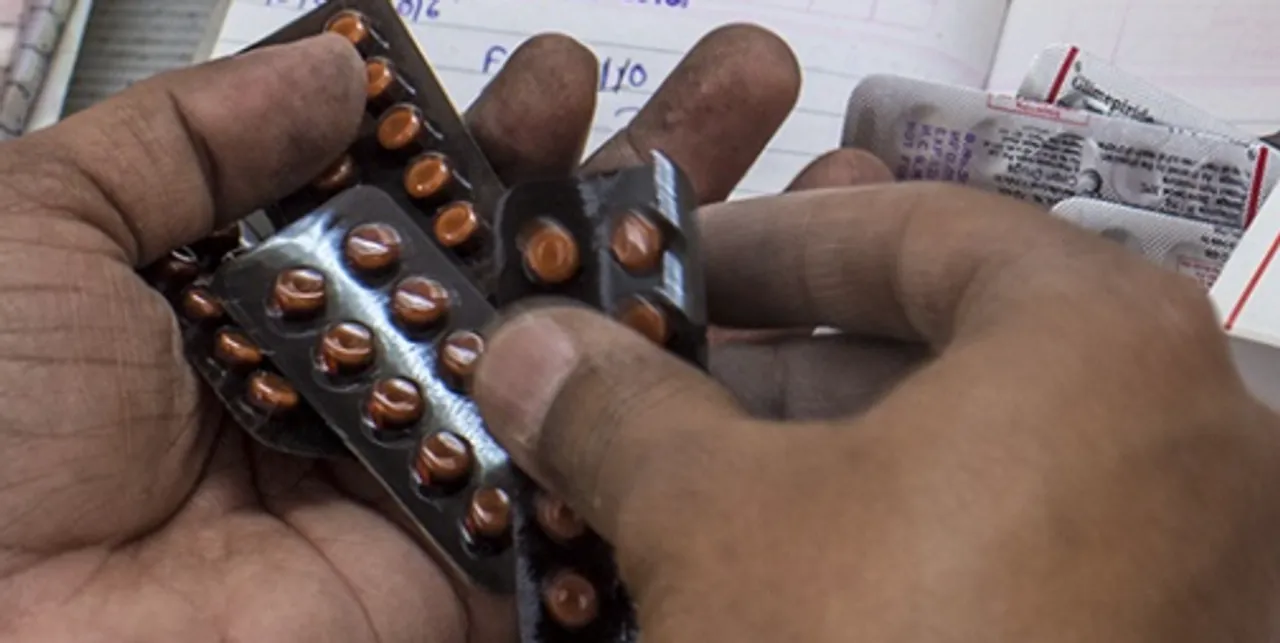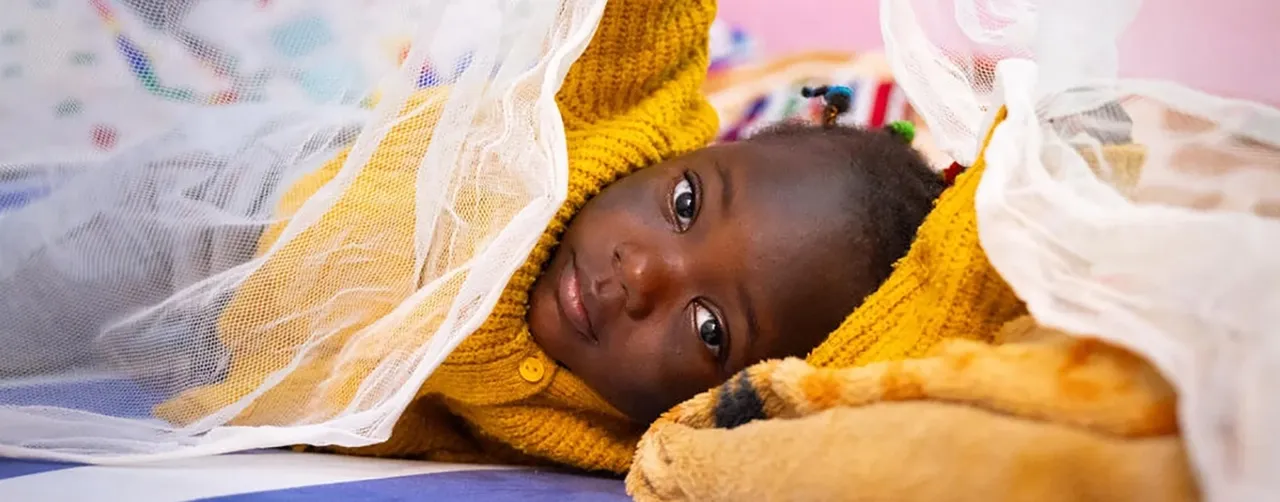Sport
Dollar
38,4235
0.22 %Euro
43,7437
-0.07 %Gram Gold
4.055,2400
-1.8 %Quarter Gold
0,0000
%Silver
0,0000
%As foreign aid dwindles, Africa's fight against malaria flounders, leaving millions vulnerable to a preventable disease endemic to the continent.
Faith Nalubega, a mother of three in rural Uganda, had for years depended on free mosquito nets and medication from a neighbourhood clinic to protect her children from the scourge of malaria.
Last month, when her youngest son, four-year-old Kato, came down with a fever, she took the child to the clinic as usual for tests and medicines.
To her surprise, the shelves at the in-house medicine store were bare. The staff told her that stocks had run out and wouldn’t be replenished soon.
“I had to borrow money to get treatment for my son and buy medicines from a private pharmacy. Had his fever worsened, I have no idea what I could have done,” Faith tells TRT Afrika.
This is now a common predicament faced by millions across Africa as foreign aid cuts threaten to undo decades of progress in the battle against malaria.
Since 2000, global investments have prevented over two billion malaria cases and nearly 13 million potential fatalities attributable to the vector-borne disease.
But with funding slashed, free medicine supplies are drying up, and prevention campaigns are losing momentum.

Endemic scourge
Malaria, caused by the Plasmodium falciparum parasite and transmitted through female Anopheles mosquito bites, remains one of the more potent diseases tormenting swathes of Africa.
Despite advances in vaccination and treatments, 95% of global malaria cases occur in Africa. The disease killed nearly 600,000 people in 2023, with rural and impoverished communities hit the hardest.
In Nigeria, where malaria accounts for an astounding 60% of outpatient visits to public hospitals and clinics, father of three Yusuf Ibrahim is one among millions dreading the prospect of the disease striking someone in the family at least once every year.
“Last year, all my children got sick at once,” he tells TRT Afrika. “I couldn’t afford treatment for all of them. My youngest didn’t make it.”
His story resonates across the continent, where limited healthcare often turns a treatable disease into a fatal one.
While insecticide-treated nets and the revolutionary RTS,S recombinant protein-based vaccine targeting the parasite's circumsporozoite protein offer hope, funding gaps threaten to stall the progress.
The vaccine is now being rolled out in Ghana, Kenya and Malawi, but the bigger challenge is achieving universal coverage.
Funding whammy
The recent suspension of US and other international aid has left gaps in national malaria programmes.
The impact is being felt even in Nigeria, where lawmakers scrambled to allocate an extra US$ $200 million to healthcare spending. Health worker Yasmin Abdalla says clinics are already rationing care.
“Before, we had enough nets and drugs. Now, we turn people away,” she says. “The poorest families suffer the most.”
A rapid World Health Organisation (WHO) assessment found that over half of malaria-endemic countries face severe disruptions. Insecticide-treated net distribution—critical in protecting 425 million people—has been delayed or cancelled in 40% of planned campaigns.
Seasonal malaria prevention for 58 million children is also off track.

Grim prospects
Dr Daniel Ngamije, WHO’s Global Malaria Programme director, warns that history could repeat itself.
“In 1969, when the world abandoned eradication efforts, malaria resurged. It took 30 years to recover that momentum,” Ngamije cautioned in a news release on April 11. “If we pull back now, the consequences will be catastrophic.”
The Covid-19 pandemic had a lesson for everyone, with service disruptions in 2020 leading to 14 million additional malaria cases and 47,000 more deaths annually.
Now, with funding cuts, experts fear an even higher toll.
In Malawi, single mother Violet Phiri struggles to afford malaria treatment for her two children after her local healthcare centre ran out of free medication.
“I sell vegetables for a living, but the medicine costs more than I make in a week,” she tells TRT Afrika. “How will we survive if this continues?”
Health workers, too, are feeling the strain.
In Zambia, community health volunteer Byron Mwewa says his team can no longer conduct door-to-door distribution of medicated nets to prevent mosquito bites.
“People beg us for help, but we have nothing to give,” he says. “It’s heartbreaking.”
Call to action
At a recent WHO Malaria Policy Advisory Group meeting, its assistant director-general, Dr Jerome Salomon, said “funding setbacks must not derail the global malaria agenda”.
Dr Dyann Wirth, the group’s chair, warned that “the poorest will pay the price if we fail”.
Some countries are stepping up. Nigeria’s emergency health funding and regional coordination efforts offer hope. However, experts say long-term solutions require sustainable financing and stronger health systems.
“We must ensure no one is left behind,” says Dr Michael Charles of the RBM Partnership to End Malaria. “This fight isn’t over. Without urgent action, the gains we have made will vanish.”
For mothers like Faith, the stakes couldn’t be higher. “Malaria took my sister’s child last year,” she says. “If the nets and medicines don’t return, how many more children will we lose?”
Comments
No comments Yet
















Comment